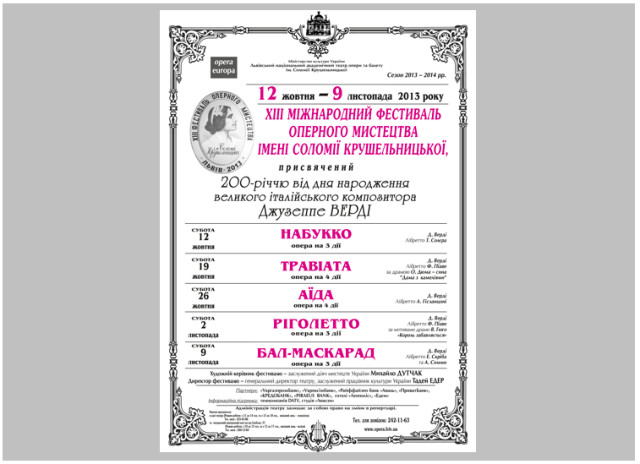
Verdi finally completed the composition on 5 February 1851, a little more than a month before the premiere. By 14 January, the opera's definitive title had become Rigoletto. The hunchbacked jester (originally called Triboulet) was renamed Rigoletto (from the French word rigoler) from a parody of a comedy by Jules-Édouard Alboize de Pujol: Rigoletti, ou Le dernier des fous (Rigoletti, or The last of the fools) of 1835. (The House of Gonzaga had long been extinct by the mid-19th century, and the Dukedom of Mantua no longer existed.) The scene in which he retired to Gilda's bedroom would be deleted, and his visit to the Taverna (inn) would no longer be intentional, but the result of a trick. In the new version, the Duke would preside over Mantua and belong to the Gonzaga family. By January 1851 the parties had settled on a compromise: the action of the opera would be moved, and some of the characters would be renamed. Brenna, La Fenice's sympathetic secretary, mediated the dispute by showing the Austrians some letters and articles depicting the bad character, but great value, of the artist.

Verdi was completely against this proposed solution, preferring to negotiate directly with the censors over each and every point of the work. Piave set to work revising the libretto, eventually pulling from it another opera, Il Duca di Vendome, in which the sovereign was a duke and both the hunchback and the curse disappeared. La Fenice's poster for the world premiere of Rigoletto Despite their best efforts, including frantic correspondence with La Fenice, the Austrian censor De Gorzkowski emphatically denied consent to the production of "La Maledizione" (its working title) in a December 1850 letter, calling the opera "a repugnant immorality and obscene triviality." In August, Verdi and Piave retired to Busseto, Verdi's hometown, to prepare a defensive scheme as they continued work on the opera. He was wrong, and rumours began to spread in early summer that the production would be forbidden. As Verdi wrote in a letter to Piave: "Use four legs, run through the town and find me an influential person who can obtain the permission for making Le Roi s'amuse." Guglielmo Brenna, secretary of La Fenice, promised the duo that they would not have problems with the censors. The play had been banned in France following its premiere nearly twenty years earlier (not to be staged again until 1882) now it was to come before the Austrian Board of Censors (as Austria at that time directly controlled much of Northern Italy.)įrom the beginning, both composer and librettist knew this step would not be easy.

Verdi later explained that "The subject is grand, immense, and there is a character that is one of the greatest creations that the theatre can boast of, in any country and in all history." However, Hugo's depiction of a venal, cynical, womanizing king ( Francis I of France) was considered unacceptably scandalous. That came in the form of Victor Hugo's controversial five-act play Le roi s'amuse ("The king amuses himself"). He initially asked Francesco Maria Piave (with whom he had already created Ernani, I due Foscari, Macbeth, Il corsaro and Stiffelio) to examine the play Kean by Alexandre Dumas, père, but soon came to believe that they needed to find a more energetic subject. He was prominent enough by this time to enjoy some freedom in choosing texts to set to music. La Fenice of Venice commissioned Verdi in 1850 to compose a new opera. The curse comes to fruition when Gilda falls in love with the Duke and sacrifices her life to save him from the assassin hired by her father. The opera's original title, La maledizione (The Curse), refers to a curse placed on both the Duke and Rigoletto by a courtier whose daughter the Duke has seduced with Rigoletto's encouragement.

Its tragic story revolves around the licentious Duke of Mantua, his hunch-backed court jester Rigoletto, and Rigoletto's daughter Gilda. The work, Verdi's sixteenth in the genre, is widely considered to be the first of the operatic masterpieces of Verdi's middle-to-late career. Despite serious initial problems with the Austrian censors who had control over northern Italian theatres at the time, the opera had a triumphant premiere at La Fenice in Venice on 11 March 1851.

The Italian libretto was written by Francesco Maria Piave based on the 1832 play Le roi s'amuse by Victor Hugo. Rigoletto is an opera in three acts by Giuseppe Verdi.


 0 kommentar(er)
0 kommentar(er)
